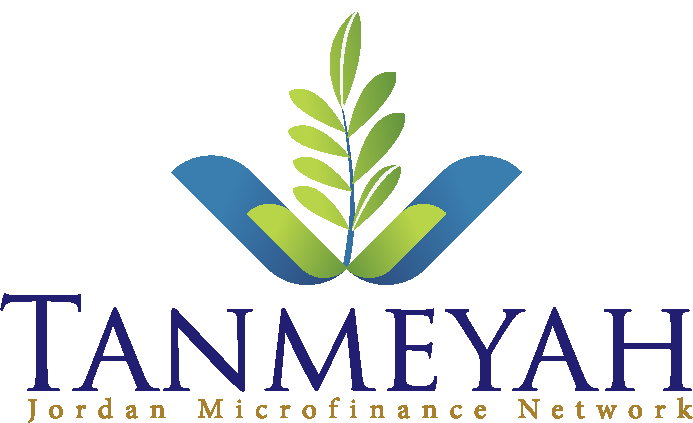Trainings
Risk Management for Microfinance Institutions

100% positive reviews
0 student
0 lesson
Language: English
0 quiz
Assessments: Yes
Available on the app
Unlimited access forever
Skill level: All levels
Interactive training
Modern training material
Specialized expert trainers
english language
Certified Certificates
Overview In light of the economic challenges and rapid changes in financial markets, microfinance institutions face various risks that require effective management to ensure operational continuity and sustainable growth. This training program aims to strengthen institutions’ capacity to identify and …
Description
Curriculum
Overview
In light of the economic challenges and rapid changes in financial markets, microfinance institutions face various risks that require effective management to ensure operational continuity and sustainable growth. This training program aims to strengthen institutions’ capacity to identify and manage financial, operational, and environmental risks, thereby enhancing their efficiency and performance.
Main Topics
1. Fundamentals of Risk Management
- Comprehensive definition and significance of risk management in microfinance.
- Types of risks (financial, operational, legal, environmental, and social).
- The relationship between risk and institutional governance.
2. Risk Analysis Tools and Techniques
- Techniques for identifying risks and analyzing root causes (Root Cause Analysis).
- Use of quantitative and qualitative models for risk assessment.
- Tools for risk prioritization and classification (Risk Matrix).
3. Credit Risk Management in Microfinance
- Strategies to mitigate credit risks.
- Assessing clients’ creditworthiness.
- Role of policies and procedures in managing credit risks.
4. Operational Risk Management
- Understanding operational challenges in microfinance.
- Developing effective strategies to minimize operational risks.
- Automating processes to reduce human errors.
5. Environmental and Social Risk Management
- Analyzing the impact of institutional activities on the environment and society.
- Applying Environmental, Social, and Governance (ESG) standards in microfinance.
- Developing sustainable strategies to mitigate environmental and social risks.
6. Emergency Planning and Business Continuity
- Designing contingency plans to address crises.
- Business continuity strategies during disasters.
- Applying crisis simulation models and readiness tests.
7. Control and Evaluation Systems for Risk Management
- Designing Key Performance Indicators (KPIs) for risk management.
- Using monitoring tools to oversee risk management plans.
- Preparing periodic reports to analyze risks and update action plans.
8. Modern Trends in Risk Management
- The impact of digital transformation on risk management.
- Using AI and data analytics to improve risk forecasting.
- Integration of risk management and institutional innovation.
9. Practical Application of Risk Management in Microfinance
- Case studies from successful microfinance institutions.
- Developing customized risk management plans for participating institutions.
- Interactive sessions to build participants’ capabilities.
Objectives
- Introduce participants to the fundamental concepts of risk management, including financial, operational, and credit risks.
- Enhance skills in risk assessment and analysis using modern tools and techniques.
- Develop strategies to mitigate risks in line with international standards and best practices.
- Apply risk management principles to microfinance operations for institutional efficiency and sustainability.
- Raise awareness of environmental and social risks and their impact on microfinance operations.
Target Audience
- Branch and operations managers in microfinance institutions.
- Risk management and strategic planning officers.
- Financing and credit departments.
- Monitoring and evaluation officers.
- Executive leaders aiming to improve risk management systems.
